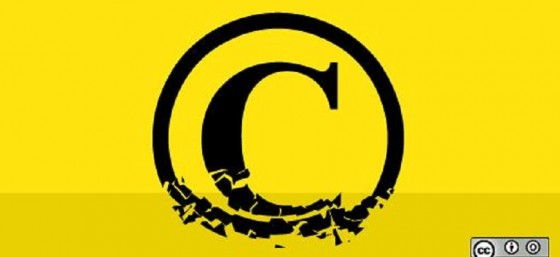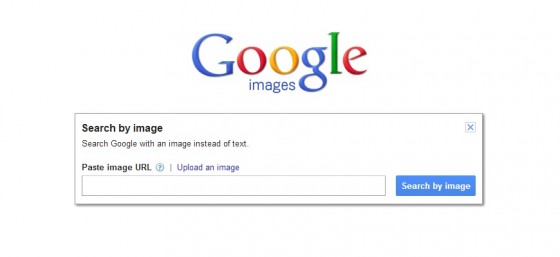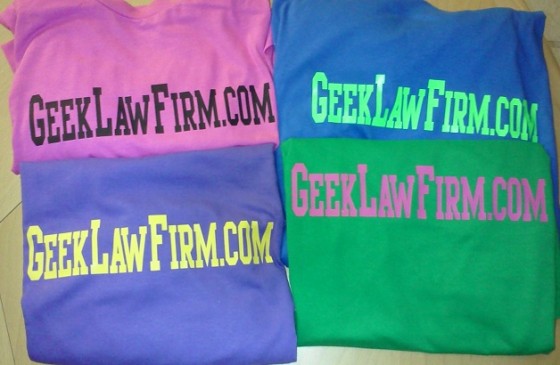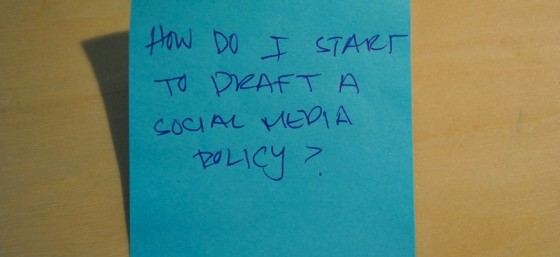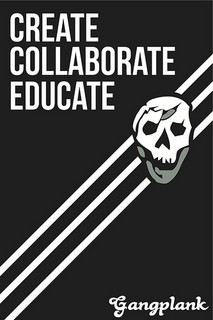
I’ve been a proponent of registering your copyright in your blog every three months. The federal Copyright Act states you must register the copyright in your blog within three months of publication or one month of learning of the infringement, whichever happens first.
So every three months (March 31st, June 30th, September 30th, and December 31st) I have a note on my calendar to register my blogs. I take all the content I’ve added to my blog since my last registration, create a PDF, and register it.
I made a mistake on my last copyright application.
I let logic dictate my action and I claimed that my publication date was December 31, 2013 on my last application. I should have said that my word was “unpublished.” If I declare that my work is published, I have to register each post individually. If the work is “unpublished,” the dated posts can be registered as a group.
You would think that putting something on the internet counts as publishing a work, but it doesn’t. In the Copyright Office’s words, “For copyright purposes, ‘publication’ means the distribution of copies of a work to the public by sale or other transfer of ownership, or by rental, lease, or lending. Offering to distribute copies to a group of persons for purposes of further distribution, public performance, or public display is also ‘publication.’ The following do not constitute “publication:” the printing or other reproduction of copies, a public performance or display of the work, or sending copies of the work to the Copyright Office.”
If the only place you put your content is on your blog, it’s likely not published. If you repurpose your content in multiple locations, it might be. (Talk to a copyright attorney to see if you’ve “published” your work.)
The downside of blog content not counting as published is you have to register you work prior to it being stolen to be eligible for statutory damages under the copyright laws. So the idea a lot of my copyright attorney friends and I believed about registering every three months is not a good strategy. Also, the Copyright Office doesn’t like it when you register posts that were released on different days as a single work. Experience tells me that they’ll let you do it, but if they know that’s what you’re doing, they’ll tell you that you have to register each post individually.
Because of this, the best strategy for people who want to be able to sue for copyright infringement if their blog content is stolen is to register your work before you put a post on your site. Yes, this will be more expensive because each post will need its own registration, so you might want to only register the posts you think will be stolen, and even then you may want to only register the posts that you think will be stolen by someone who can afford to pay the damages assessed by the court and your attorneys’s fees. Otherwise you might be better off not suing for copyright infringement and sending a cease and desist or a DMCA takedown notice.
If someone steals your work, you should talk with a copyright lawyer ASAP. Even if you didn’t register you work before the infringement occurred, you may be in a situation where it is worthwhile to pursue actual damages which is how much money you lost and the alleged infringer made because of the infringement. They can also discuss other ways to address infringement that don’t involve the court system.
For more information about copyright and blogs, please check out my book The Legal Side of Blogging: How Not to get Sued, Fired, Arrested, or Killed.
You can connect with me on Twitter, Google+, Facebook, YouTube, LinkedIn, or you can email me.
Please visit my homepage for more information about Carter Law Firm.
